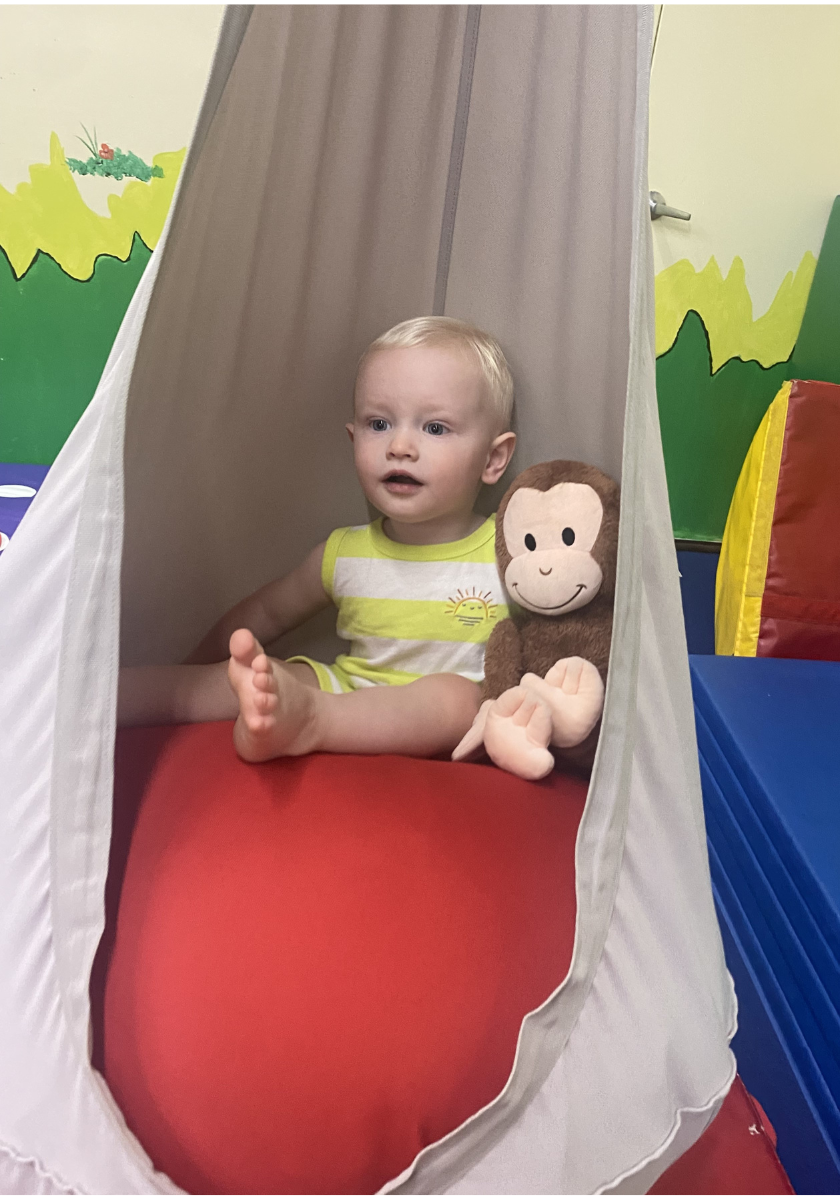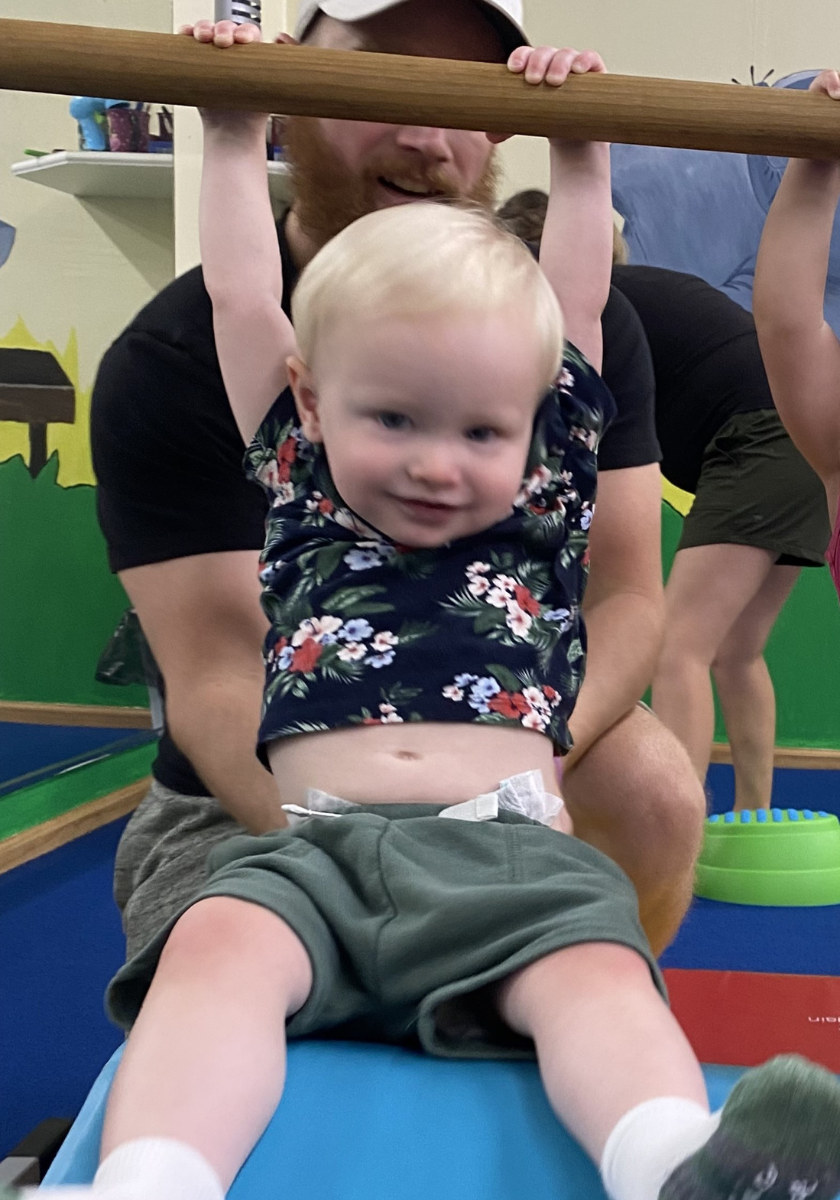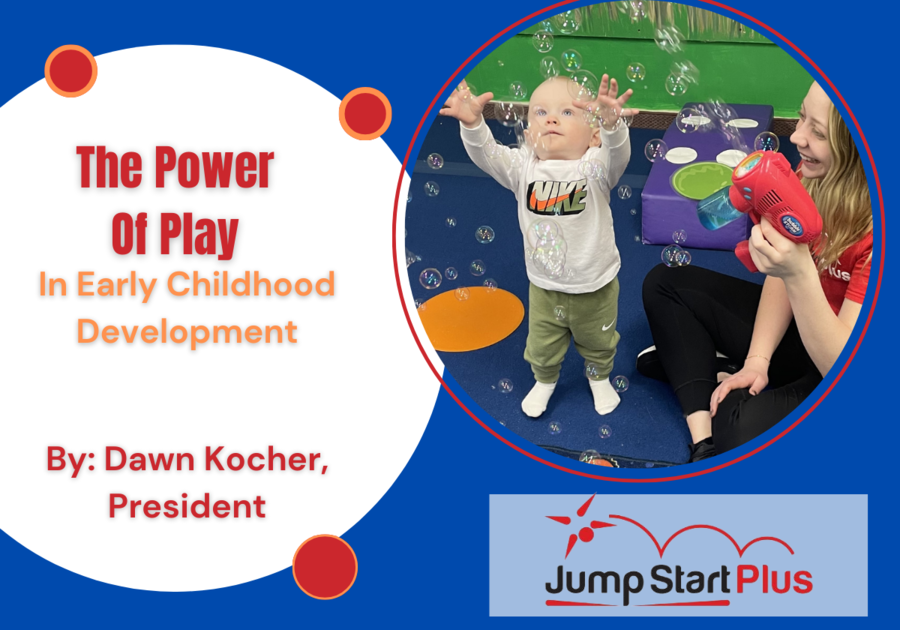I once asked a stay-at-home mother of two years old why she is pulling her child out of classes in our toddler gymnastics program. I was curious because the child was learning, having fun, and seemed to enjoy coming. The mother explained that her daughter really loves the class and has learned so much but that her child was starting preschool. To me, this seemed too young to put a child in an environment of scripted lesson plans and measured metrics and expect them to “learn”. My inquiring mind had to ask her reason for enrolling her child so young. It wasn’t the need for childcare. She simply replied, “Because everyone is putting their children in preschool earlier now”. She had fallen prey to the idea that “if I don’t get my child a head start on learning they will not be successful”. I found this to be counterintuitive to my experiences with young children and my education in psychology and early childhood development.
My education and over forty years of experience in the child activity center business tell me that children are born with strong powers to learn that need to be directed or guided, not scripted. Recent research in early childhood development offers empirical evidence that supports this line of thinking. To learn, young children need to be allowed to experiment, explore, and make discoveries within the environments where they are placed.
 |
Erika Christakis, in her book titled “The Importance of Being Little”, corroborates what I have known or believed to be key elements for setting a child up for success:
1. Don’t underestimate the power of play. Give young children opportunities to engage in activities for enjoyment and recreation rather than a serious or practical purpose. This allows them to make sense of the world around them in a meaningful and enjoyable way.
2. Give priority to child-centered learning experiences tailored to your child’s individual interests, needs, and developmental stage over experiences that impose rigid standards on young children.
3. Provide children with hands-on learning experiences that encourage curiosity, critical thinking, and problem-solving.
4. Put children in environments where they feel safe and comfortable taking risks, making mistakes, and are encouraged to express themselves freely.
5. Surround young children with people who are caring, positive and responsive. Recognize the impact these people have on their social, emotional, and cognitive development.
6. Make social-emotional learning a priority by putting children in environments that understand and support the importance of helping young children develop emotional regulation, empathy, communication, and conflict-resolution skills.
7. Don’t underestimate the value of unstructured time. During these times children often engage in imaginative play, are free to explore their own interests, and move at their own pace.
8. Remember, children are multisensory learners. Therefore, engage them in environments that promote auditory, tactile, visual, and kinesthetic learning. Being able to play is an essential component of a child’s well-being and development. When seeking programs and activities for your young children to participate in it is important to find ones that are rooted in play-based education and allow a young child to explore and experience the world in which they live.
 |
Jump Start Plus offers movement exploration and education programs specifically designed for children who are just beginning to walk through preschool age. Through instructor-led guided play students are exposed to themed activities that encourage the use of the imagination, and build strength, coordination, spatial awareness, social skills, and independence. Jump Start Plus provides a fun and safe environment for our youngest students to learn and celebrate exciting discoveries.
For more information on this and other programs available at Jump Start Plus visit www.jumpstartfun.com.
Christakis, E. (2016). The importance of being little: what young children really need from grownups. Penguin Books, An Imprint of Penguin Random House LLC.



